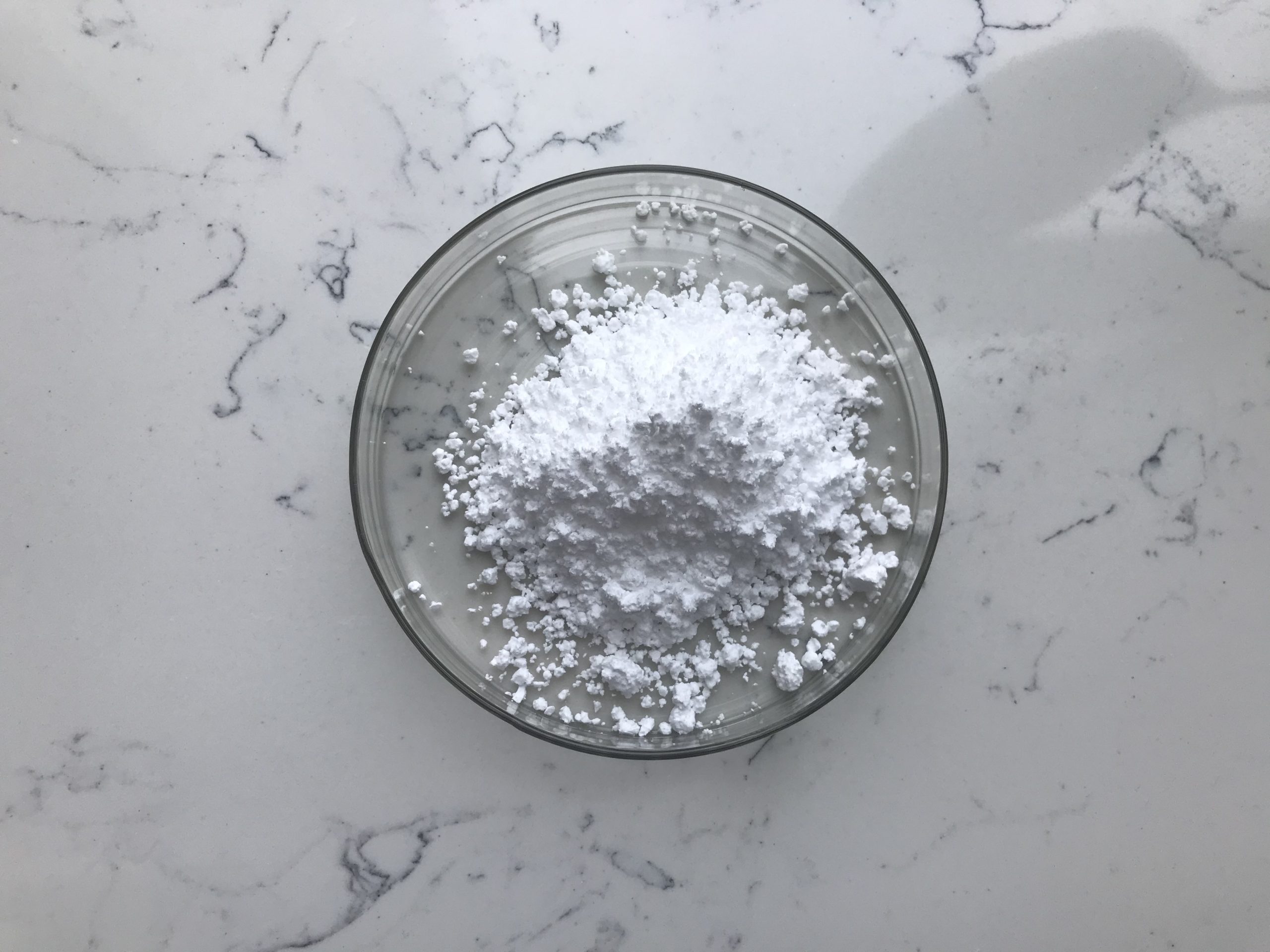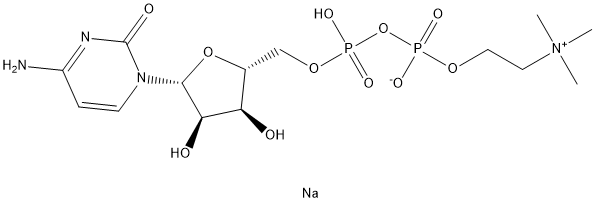Citicoline Sodium, also known as cytidine diphosphate-choline (CDP-choline), is a compound that naturally occurs in the body and plays a vital role in brain metabolism. It has been studied for its potential therapeutic effects, particularly in the context of neurological health. Here are some of its key therapeutic effects:
1. Cognitive Function and Neuroprotection
Citicoline is known for its potential to enhance cognitive function and protect neurons from damage. It is often used in the treatment of conditions such as:
- Alzheimer’s disease: It may help improve memory and other cognitive functions by supporting phospholipid metabolism in the brain and increasing the synthesis of acetylcholine, a neurotransmitter important for memory.
- Parkinson’s disease: Citicoline has been shown to support dopaminergic activity in the brain, which may help alleviate symptoms of Parkinson’s disease.
- Stroke: Citicoline has neuroprotective properties that may help reduce brain damage following ischemic stroke and improve recovery. It helps stabilize cell membranes, repair neuronal damage, and promote the synthesis of neurotransmitters.

2. Stroke Recovery
- Citicoline has been investigated as an adjunctive therapy to aid in recovery following a stroke. Studies suggest that it can reduce the extent of brain damage, promote neuroplasticity (the brain’s ability to reorganize itself by forming new neural connections), and improve functional outcomes.
3. Traumatic Brain Injury (TBI)
- Citicoline may help in the management of TBI by reducing the damage to brain cells caused by the trauma. It is thought to support the repair of cell membranes and reduce inflammation, which can help improve cognitive function in individuals recovering from brain injury.
4. Glaucoma and Visual Function
- Citicoline has been shown to help in certain cases of glaucoma, where it may help protect the optic nerve and preserve vision. Some studies suggest that it might improve visual field sensitivity and reduce the rate of visual field loss.
5. Memory and Focus
- Citicoline is sometimes used as a nootropic (a cognitive enhancer) to improve memory, focus, and attention. It may improve mental clarity, concentration, and memory retention, which can be beneficial for individuals with mild cognitive impairment or general cognitive decline.

6. Neurodegenerative Diseases
- In addition to Alzheimer’s and Parkinson’s, citicoline has been explored as a therapeutic agent in other neurodegenerative diseases like Huntington’s disease and multiple sclerosis. It is thought to help protect neurons and support the integrity of the myelin sheath.
7. Psychiatric Disorders
- Citicoline may also have potential therapeutic effects in depression, bipolar disorder, and schizophrenia by influencing dopamine and other neurotransmitter systems, though more research is needed in these areas.
Mechanism of Action
Citicoline acts by:
- Increasing acetylcholine levels: It enhances the synthesis of acetylcholine, a neurotransmitter essential for memory and cognitive processes.
- Supporting phospholipid synthesis: It plays a key role in the production of phosphatidylcholine, a vital component of cell membranes, especially in neurons, supporting brain cell function and repair.
- Neuroprotection: Citicoline protects against oxidative stress and inflammation, both of which contribute to neuronal damage in various conditions.

Safety and Side Effects
Citicoline is generally considered safe, with few reported side effects. Some people may experience mild headaches, gastrointestinal discomfort, or insomnia. However, it is usually well-tolerated, especially when compared to other neuroprotective agents.
Conclusion
Citicoline sodium is a promising therapeutic agent with a broad range of potential benefits for brain health. It is commonly used in the treatment of stroke, neurodegenerative diseases, traumatic brain injury, and cognitive disorders, and continues to be an area of active research for other neurological and psychiatric conditions.
